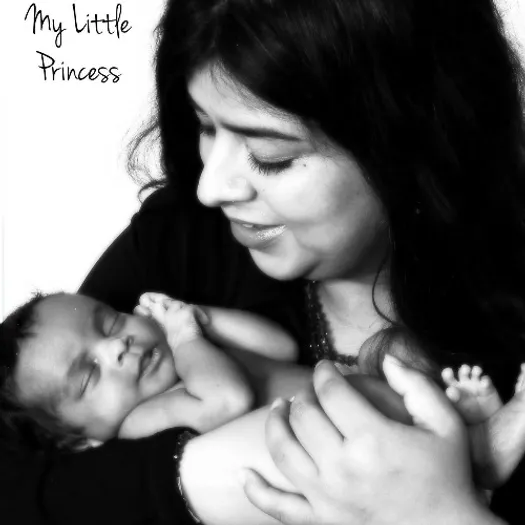The very first thing that comes to mind when people ask why I started my own company is that I come to work every day, sit in my office, unafraid… of being my authentic self. A big part of being my authentic self is being a Parent/Mom. What does this mean?
Well, I have an excellent example from just a few days ago. The daycare called and my 3 year old had vomited, so of course, I had to pick her up and she was going to stay home for at least 24 hours prior to returning to school. Normally, I would be freaking out… who is going to watch her while I have meetings? What if she interrupts my zoom meetings and upsets someone? YES, even today some employers and managers take issue with this, even though we went through 2 years of pure online zoom meetings with kids at home!
But, this time I picked her up and made sure she was okay. I took her home, cuddled with her and prioritized HER and her well being. I didn’t worry about rebooking meetings for the next day or managing expectations of managers that I report into wondering if they’d be upset that I missed a meeting or two. I am a mother and I was able to be just that to my 3 year old as I didn’t have any fear of repercussions. This is a part of who I am, a part of my identity and being my authentic self – a mom.
Not to say that all employers would incite this type of feeling or fear, as I know many employers embrace working parents and the obligations that come with this responsibility. There are so many ways to embrace parents in the workplace and create an inclusive and welcoming environment for them.
How do you create an Inclusive Workplace for Parents?

Something as simple as having a lactation room for breastfeeding mothers can alleviate a lot of stress for parents who perhaps cannot afford to take a long maternity leave, yet still want to breastfeed as their child is in daycare. If you’ve been a breastfeeding mother, it is extremely difficult and sometimes painful to sit for 8-10 hours without pumping. It is really important to provide a safe space for breastfeeding mothers.
- Offer flexible work arrangements – including a choice or work hours, remote work options and the ability to flex-time. Most parents will know, throughout the year we will face things like snow days, PA days and phone calls from school to pick up sick little ones. Create a work structure that is flexible so that parents can manage their children and their jobs at the same time without the additional stress of managing unrealistic expectations.
- With a growing shortage of childcare within Canada and the US, it would be ideal if employers could offer childcare support of some sort. If you’re a larger organization, perhaps providing a childcare facility would be feasible. If you’re a smaller organization providing access to a network of childcare professionals or referrals to licensed agencies could be an option.
- Employee Assistance Programs could assist parents facing challenging situations. You will find that many parents face situations that can be extremely stressful. I had my own share of stress as I spent almost 1 year at Sick Kids Hospital with my now very healthy, thriving, almost 7 year old. I was on maternity leave at the time, so was able to stay in the hospital with her throughout the major surgeries that encompassed months in hospital. However, my husband had to manage his employer’s expectations of being at work physically and a loss of income when he had to take off, with no real support or understanding of the situation we were facing. It was an extremely stressful time and having some sort of guidance or support (other than within the hospital itself), would have been so helpful.
- Avoiding discrimination and bias towards working parents is essential to creating an inclusive workplace. An employer can’t expect to have an equitable, inclusive and safe workplace for working parents if there is any form of discrimination when it comes to employees having this status. There were roles that I had applied to within an organization that I worked for that had an unwritten rule… you had to go out drinking with the team after work in order to be considered for a promotion. When I applied for the promotion, I was told that I needed to partake in more “team” activities. These activities took place after work hours and I had a 2 year old child at daycare that I needed to pick up before 6 pm. When I explained my circumstance, I was told that I needed to work on my “personal brand,” by the senior VP that I was interviewing with. The fact that I was a top producer on my team didn’t matter, but ultimately what did matter was that I was a parent/mother and wasn’t capable of going out drinking with the team after hours.
- Create an open, communicative environment and take employee surveys on a frequent basis. Don’t just listen to the feedback, have follow-up and follow-through. Try to find solutions that can create a family-friendly work environment where everyone can thrive despite their familial status.

This was a huge indicator to me of what this leader’s mentality was towards me as a working parent and the obligations that came with this. I frequently saw the irritation and annoyance on his face whenever my kids were home sick. My littlest one would be in my lap and he would visibly be annoyed.
Why hiring leadership from various lived experiences matters.


